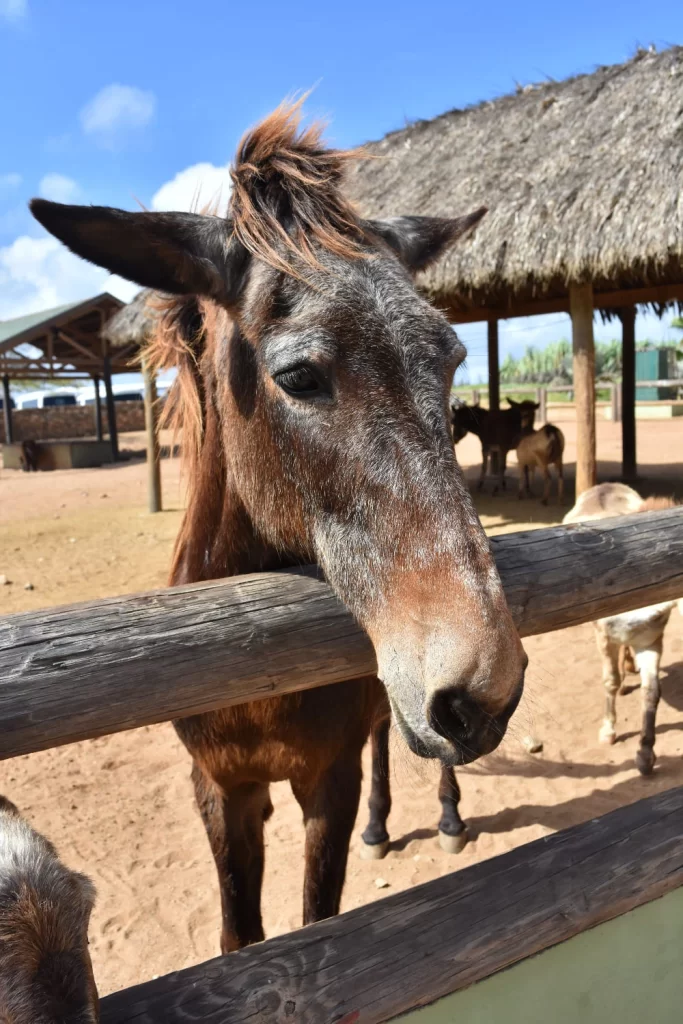Mail Address : PO Box 248 Dansville,MI 48819
501(c)(3) # 20-1751548
Mail Address : PO Box 248 Dansville,MI 48819
Note: Regular veterinary care is essential for monitoring and addressing these unique health needs.
